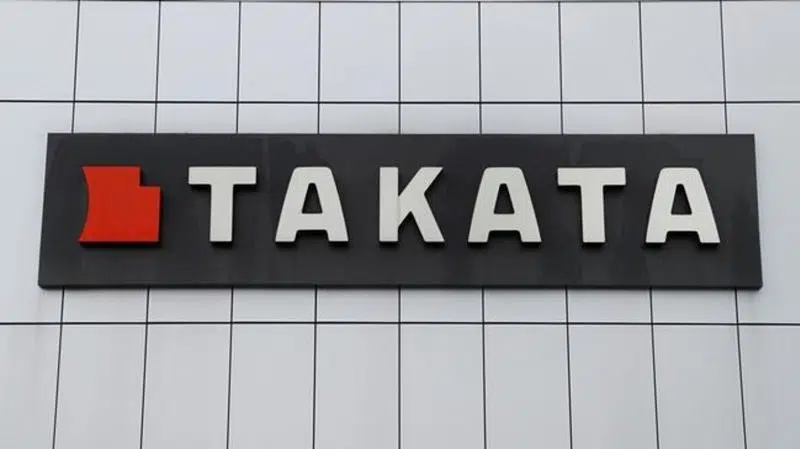
Takata recall of 10M inflators could be last of air bag saga
DETROIT — Takata is recalling 10 million more front air bag inflators sold to 14 different automakers because they can explode with too much force and hurl shrapnel.
The recall is the last one the bankrupt company agreed to in a 2015 settlement with the U.S. safety regulators. It could bring to a close the largest series of automotive recalls in U.S. history.
The 10 million inflators are part of the approximately 70 million in the U.S. that Takata was to recall as part of the agreement with National Highway Traffic Safety Administration.
Vehicles made by Audi, BMW, Honda, Daimler Vans, Fiat Chrysler, Ferrari, Ford, General Motors, Mazda, Mitsubishi, Nissan, Subaru, Toyota and Volkswagen are affected.


